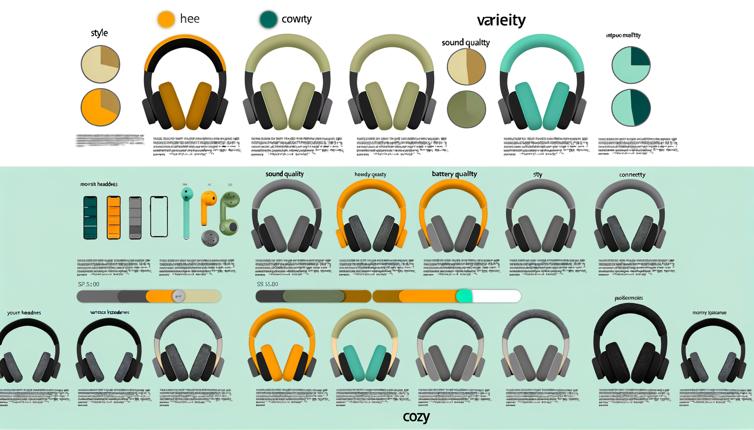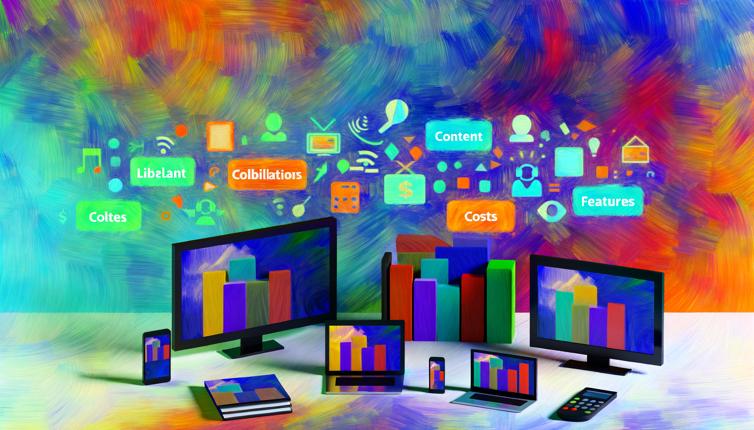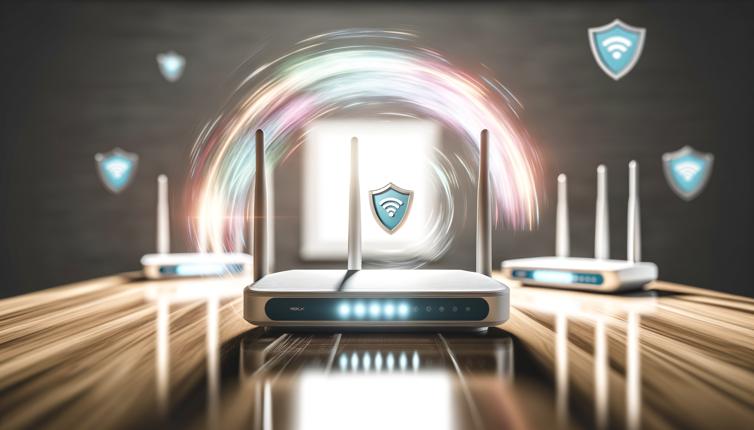What is VoIP?
VoIP, or Voice over Internet Protocol, is a technology that allows you to make phone calls over the internet instead of using traditional phone lines.,With VoIP, your phone calls are converted into digital signals that are transmitted over the internet to the recipient's phone. This means that you can make calls from any device with an internet connection, such as your smartphone, computer, or VoIP phone.,One of the main advantages of VoIP is its cost-effectiveness. Since VoIP uses the internet to transmit calls, you can avoid costly long-distance charges and enjoy lower monthly bills compared to traditional phone service.,Additionally, VoIP offers a wide range of features that enhance your calling experience. These include call forwarding, voicemail transcription, virtual phone numbers, and more. With VoIP, you can also integrate other communication tools, such as video conferencing and instant messaging, all in one place.
Pros and Cons of VoIP
VoIP offers several benefits, but it also has some drawbacks that you should be aware of before making a decision.,Pros of VoIP:,- Cost-effectiveness: VoIP typically offers lower monthly bills and cheaper long-distance calls compared to traditional phone service.,- Flexibility: With VoIP, you can make calls from any device with an internet connection, giving you the freedom to work remotely or take calls on the go.,- Advanced features: VoIP comes with a wide range of features that enhance your calling experience and integrate with other communication tools.,Cons of VoIP:,- Reliability: Since VoIP relies on internet connectivity, power outages or internet disruptions can affect your ability to make or receive calls.,- Call quality: The quality of VoIP calls can vary depending on your internet connection. In some cases, you may experience dropped calls or poor audio quality.,- Emergency services: VoIP may not always support emergency services such as 911. It's important to check with your VoIP provider about their emergency calling capabilities.,Overall, VoIP is a great option for businesses and individuals looking for cost-effective and flexible phone service with advanced features. However, it may not be the best choice for those who require high reliability or depend on emergency services.
What is Traditional Phone Service?
Traditional phone service, also known as landline service, uses physical copper wires to transmit phone calls. It has been the standard for decades and is still widely used in many homes and businesses.,With traditional phone service, your calls are transmitted over a dedicated phone line that is connected directly to the telephone network. This provides a high level of reliability and call quality, as the signal is not affected by internet connectivity or power outages.,While traditional phone service may be more expensive than VoIP, it offers a familiar and reliable calling experience. It is not dependent on the internet and can be used even during power outages.,However, traditional phone service lacks many of the advanced features offered by VoIP. It typically does not include features like call forwarding, voicemail transcription, or integration with other communication tools.
Pros and Cons of Traditional Phone Service
Traditional phone service comes with its own set of advantages and disadvantages. Here are some pros and cons to consider:,Pros of Traditional Phone Service:,- Reliability: Traditional phone service is highly reliable, as it is not affected by internet connectivity or power outages. You can depend on it for consistent call quality.,- Familiarity: Many people are familiar with traditional phone service and feel more comfortable using it.,- Emergency services: Traditional phone service generally supports emergency services such as 911.,Cons of Traditional Phone Service:,- Cost: Traditional phone service is often more expensive than VoIP, especially for long-distance calls.,- Lack of advanced features: Traditional phone service does not offer the advanced features and integration options that VoIP provides.,- Limited mobility: Traditional phone service is tied to a physical phone line, so you can't make calls from anywhere with an internet connection.,In summary, traditional phone service is a reliable and familiar option for those who prioritize call quality and dependability. However, it may not offer the cost savings and advanced features of VoIP.
Which One Should You Choose?
When deciding between VoIP and traditional phone service, it's important to consider your specific needs and priorities.,Choose VoIP if:,- Cost-effectiveness: If you're looking to save money on monthly bills and long-distance calls, VoIP is a great choice.,- Flexibility: If you need the flexibility to make calls from any device or work remotely, VoIP offers the freedom you need.,- Advanced features: If you want access to advanced calling features and integration with other communication tools, VoIP is the better option.,Choose traditional phone service if:,- Reliability: If call quality and reliability are your top priorities, traditional phone service is a safe bet.,- Familiarity: If you're more comfortable with traditional phone service and don't require advanced features, it may be the right choice.,- Emergency services: If you depend on emergency services such as 911, traditional phone service is more likely to provide reliable access.,In the end, the choice between VoIP and traditional phone service ultimately comes down to your specific needs, budget, and preferences.,By understanding the features and trade-offs of each option, you can make an informed decision that meets your communication requirements.
Conclusion
Choosing between VoIP and traditional phone service can be a tough decision, but understanding the features and trade-offs can help guide you in the right direction. Consider your budget, flexibility needs, reliance on emergency services, and desire for advanced features when making your decision. Whether you choose VoIP or traditional phone service, both options have their own advantages and disadvantages. It's important to assess your needs and prioritize what matters most to you.









